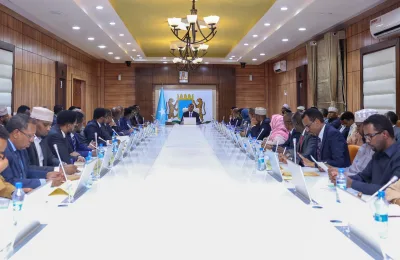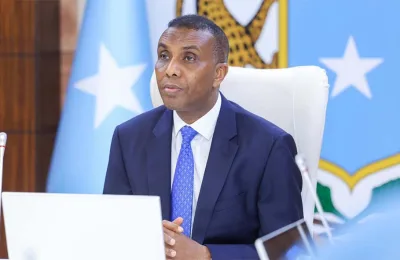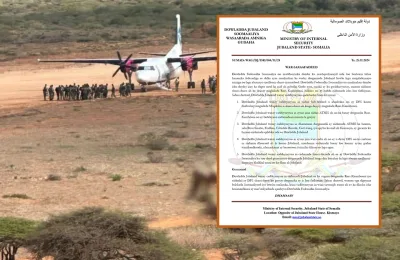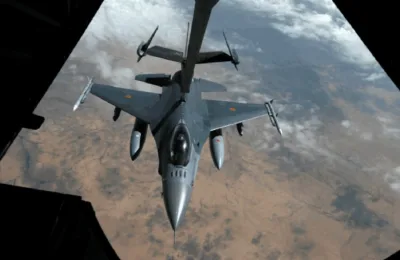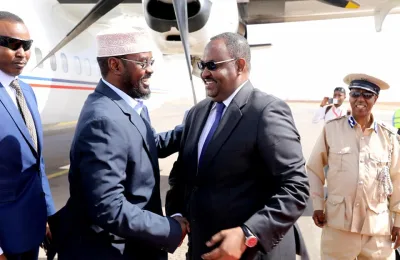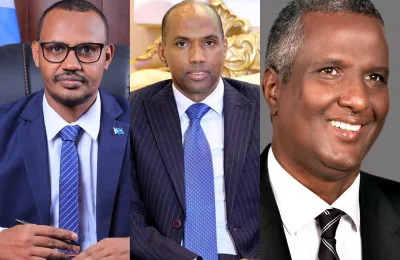Foreign Affairs Cabinet Secretary Monica Juma on Thursday said that Somalia must withdraw illegal maps from…

Foreign Affairs Cabinet Secretary Monica Juma on Thursday said that Somalia must withdraw illegal maps from the disputed maritime zone after the Kenyan Cabinet approved a roadmap to resolve the row.
The CS said the government has established that Somalia intends to sign a deal auctioning oil and gas blocks in the disputed maritime zone in the Indian Ocean at the end of this year.
“We will not cede any inch of Kenyan territory to any government,” said the Foreign Affairs CS.
Juma said a summary of Somalia’s response to the presentation it made during the Oil and Gas Conference in London shows that the Federal Government of Somalia is misleading the world.
The presentations had “critical dates and schedule for the process. The Federal Government of Somalia is deliberately misleading the world on the process to be concluded in September,” she told reporters Thursday.
The dispute between Kenya and Somalia lies within four maritime blocks rich in oil and gas deposits. Blocks 230, 231, 232 and 233 are what Somalia plans to auction by the end of the year to the highest bidder for exploration to start in 2020.
Kenya expects a court hearing on the matter by end of the year.
The CS said any future sanctions by Kenya will depend on Somalia’s response, which she did not peg a timeframe.
When asked whether the dispute will affect current security relations between the two states, Juma said: “We hope not, countries have gone to war for far less than this but we have remained extremely restrained in the hope that we can find a way of engaging and resolving this matter and getting back to where we were. What next depends on what happens, I don’t want to speculate on that, but we will inform you as events evolve.”
About 4,000 Kenyan soldiers are part of the African Union Mission in Somalia (AMISOM) stationed in Kismayu since October 2011 after incessant attacks and kidnapping of civilians by the militants within its territory.
Juma explained that up until 2014, Kenya has had uncontested jurisdiction in the disputed maritime area since its first proclamation of the Exclusive Economic Zone (EEZ) in 1979 that reflected prior colonial practice.
“We believe in any mechanism that will restore good neighbourliness, it could be something else it does not have to be a MoU. It can be a bilateral composition because actually this is a bilateral issue between Kenya and Somalia. The most important thing is to stay within the confines of the law and international customary practice there is an understanding with the African continent that we will retain the boundaries as were and there was a rationale for that.”
“We would expect that every member of the AU would abide by this simplest degree of restoring stability and good neighbourliness across the continent,” she said as she reaffirmed Kenya’s commitment to resolve the matter.
The Foreign Affairs CS who was accompanied by Principal Secretary Ambassador Macharia Kamau said she was equally puzzled by the turn of events in relations between the two states dispute the longstanding year of rich friendship
“I don’t know why Somalia is doing this now.”
“Kenya has the highest investment in seeking the stability of Somalia in per capita terms in the world. We have walked with Somalia since the 80s; we have hosted their refugees in large numbers to date, and we still do. We underwrote their peace process. We helped in supporting the formation of the government in returning the government to Baidoa. We have walked every step with the Somalia government.”
She said by the time Kenya’s Ambassador to Somalia was being summoned and his counterpart in Kenya being sent for further consultations, Somalia’s response was yet to be known to the ministry.
“When we met on January 28 and 29, a large part of our discussions was how we can bring support to bear so that Somalia’s reconstruction can be fast tracked. So frankly why now, I don’t know because this case is in court and there was an undertaking both ways that we will not do anything that would obstruct or try to shape the trajectory of the hearing at the ICJ. We hope the response we have sort will help us understand why now,” she told the news conference.
The briefing came hours after a Cabinet meeting agreed on a roadmap for resolving the maritime dispute.
Kenya last week said Somalia auctioned oil and gas blocks in a disputed area off their coastlines, an allegation its neighbour denied.
“It is clear that Somalia did not deny the existence of the maps that Kenya complained about if another Somalia reasserted their claim over the area that we had flagged to them, Somalia claimed that they have a long standing position over the area under dispute.”


